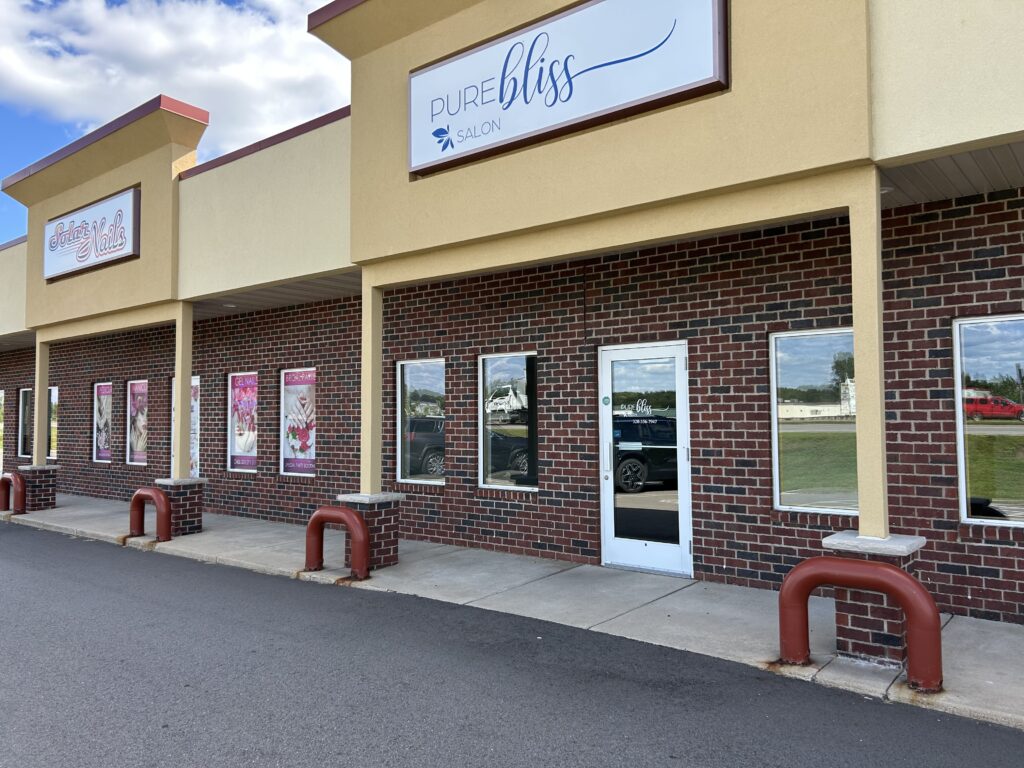Your Trusted Advisors in
Commercial Real Estate Since 1971
Contact Us
Coldwell banker commercial | Orion Real Estate Advisors
A Full Range of Commercial
Real Estate Services.
About Us
For decades, large department stores served as the anchor store for malls and shopping centers. The anchor is the main attraction while all of the other retail shops inside of the mall pay the majority of the lease. Without the anchor, the mall dies. With so many big anchor stores closing in malls throughout America, could grocery stores replace department stores as the new “mall” of our era?
New Malls Turned Grocery Hubs
Headwinds coming from all directions have challenged retail for years now. First it was online delivery from Amazon, now Amazon is jumping into brick-and-mortar taking over 460+ Whole Foods grocery stores. Could supermarkets replace malls as the center of communities? Developers at the Mall of America in St. Paul, MN think so. They are discussing plans to add grocery to the Mall and they aren’t the only ones.
At least 430 anchor department stores are closing down this year. Taking their place are grocery stores and restaurants. In fact, for all of the malls failing in the U.S., those that are still turning a profit are all anchored by grocery stores; numbers that are spurring developers to consider experimenting with the idea.
In Massachusetts, the popular Wegmans grocery chain is taking over JC Penney’s spot as the anchor at Natick Mall this year. This trend has even reached Fargo, ND where a new outlet mall shows that out of the 300K square feet of new retail space, over 51K square feet will be dedicated to a grocery store. The plans also include a nearly 90K square foot bowling alley and cinema complex with arcade, plus a car wash and liquor store, serving as a community hub.
That’s one way to go. Other retailers are considering creating whole food complexes out of these former malls. The grocery store serves as the anchor while food processing facilities and farmers markets fill out the rest of the campus. There, retailers are finding opportunities to partner with local growers to bring agriculture on-site at these new grocery malls.
Shopping Patterns will Continue to Change
What is certain is that e-commerce has changed the way that people shop for clothes and products. What is also clear is that when it comes to buying groceries, people still prefer to shop in person and that pattern is worth examining further.
Instead of trying to compete with e-commerce on their turf, retailers are wise to look for ways to reposition these assets. They still retain a wealth of value despite all of the headwinds facing mall owners. Already these new experiments with grocery stores in malls are proving fruitful.
In New York and Washington State, their mall parking lots are playing host to farmers’ market events on a weekly basis and in Shanghai, a mall there houses an indoor farm, complete with pigs and vegetables. In Israel, one of their oldest malls built a farm on its rooftop two years ago – great ideas that could soon show up in America’s new grocery malls.
Source: cbcworldwide
About Us
I’ve owned a business for many years and would like to sell it. How do I start the process?
First of all, Assemble a ‘team’ of professional advisors that would represent your best interest in the transaction. Your team should include an experienced business broker, an attorney and a CPA. There are many considerations in the sale of a business and each professional would lend their expertise. You may want to consider a 1031 exchange which would allow you to defer the capital gains tax upon the sale. A 1031 Exchange has critical date requirements that need to be met and your accountant can advise you on this process. You may also consider seller financing to provide you with a long term annuity. Your attorney can assist you in structuring a contract for deed or purchase money mortgage. An experienced business broker can provide the marketing and expertise required to attract qualified buyers and negotiate the sale on your behalf. This ‘team’ approach helps to insure all of the considerations are handled professionally and that your sale will be consummated smoothly.
Secondly, the buyer of a business wants accurate information. The more information you can provide a buyer, the better the chances of selling your business. This includes tax returns for the most current 3 year period, a list of personal property that may be included in the sale, professional photos of the business; including aerial photos if real estate is included, description of the building, a copy of the lease if the business leases its facility, etc. Once this information is sent to a potential buyer, the buyer may request additional information specific to the business. A seller that is unwilling or unable to provide accurate and detailed information will have a difficult time selling his/her business.
Thirdly, an experienced business broker will be certain that any inquiries will be held strictly confidential. It is imperative that confidentiality be maintained and your business broker will require a signed Letter of Confidentiality of anyone inquiring about your business.
About Us
I’ve heard that some retailers are going with a co-tenancy program. What does that mean?
Kohl’s is one big box retailer that is making plans to downsize and share their space with other retailers, hence the name co-tenancy. Big box retailers have taken a big hit with the advent of e-commerce and are searching for ways to downsize their space and thereby reducing their overhead. It is likely that more big box retailers will follow suit. These co-tenancy situations will be well thought out so that each co-tenant will complement the other. This program is the sign of the times and will likely be the norm in future years.
Have Commercial Real Estate Questions? Call us! We’re all ears!
Current Listings
Orion Real Estate Advisors














